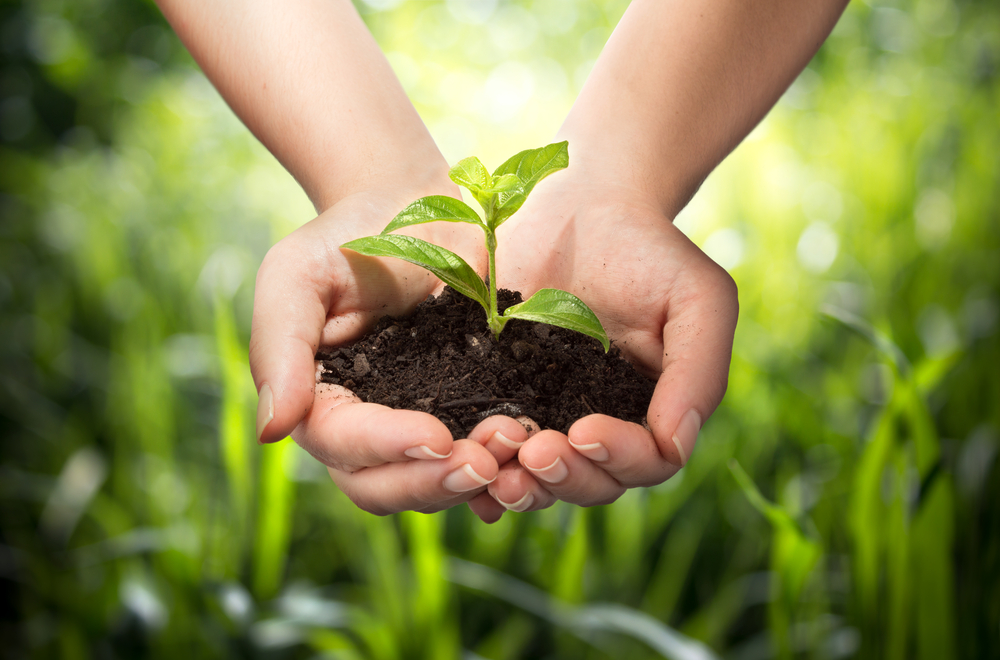What is sustainable agriculture? Essentially, it is the ability to produce enough food and commodities to meet present needs without endangering the environment, public health or economic profitability. As the population grows, so does the demand for food and resources, and farmers must find ways to increase production rates while remaining environmentally conscious. If food and commodities are not produced with care, future generations of crops are at risk. The idea behind sustainable farming is to minimize one’s environmental footprint and enforce good stewardship of the land and natural resources.
To accomplish such a lofty goal, leaders in agriculture continue to develop more ecological solutions in production and trade. Unlike industrialized farming, sustainable farms utilize methods such as crop rotation, pasture-raised livestock and conservative tilling to assure that the environment is protected and the process is as natural as possible.
As production demands grow, sustainability is becoming an essential part of the agriculture industry. However, not all farms can function sustainably because it requires an investment in new technology that offers the necessary data to observe and evaluate the land’s condition. Without it, precise decision-making is limited and farmers must rely on past methods to meet present needs. As technology becomes more accessible and affordable, more farms are able to adopt sustainable practices.
There are a number of innovative solutions in agritech that enforce sustainable farming. From evaluating soil health to managing water infrastructure, technology provides tools that help maintain healthy and environmentally-friendly yields with more precision and efficiency. Drones and other equipment are now able to conduct data analyses, and GPS-enabled tractors help plant crops more efficiently. Technology allows farmers to streamline their processes and care for the environment during production.
By embracing technology in the field, farmers pave the way for traders and consumers to embrace technology in the supply chain as well, creating not only sustainable agriculture, but also a sustainable economy. Farm management software, yield mapping, digital markets and data solutions like blockchain contribute to a sustainable future by offering both farmers and consumers efficiency, traceability and immutability.
The goal of sustainable agriculture is simply to care for the environment, facilitate economic profitability, and create social and communal equity. Small decisions lead to large improvements in farming practices, and technology forges the undiscovered path that leads to worldwide solutions. While the journey is still in its adolescence, developments in agritech are already cultivating better crops and building a more sustainable future.

